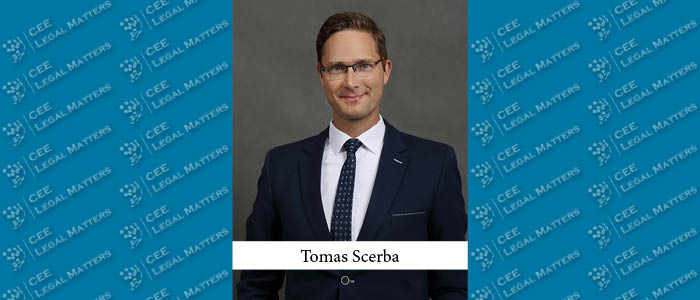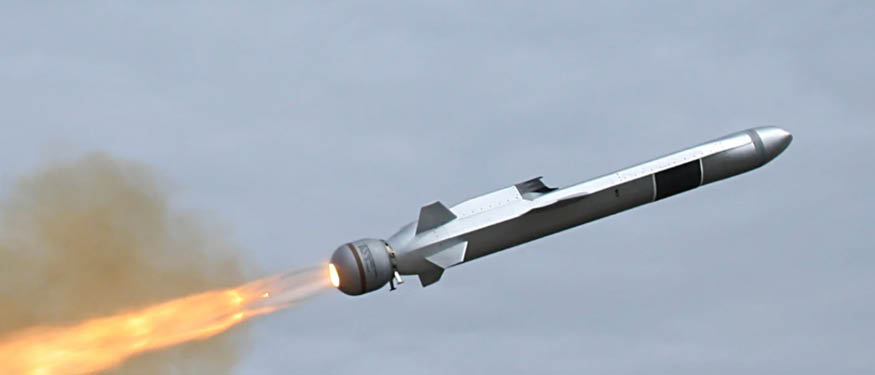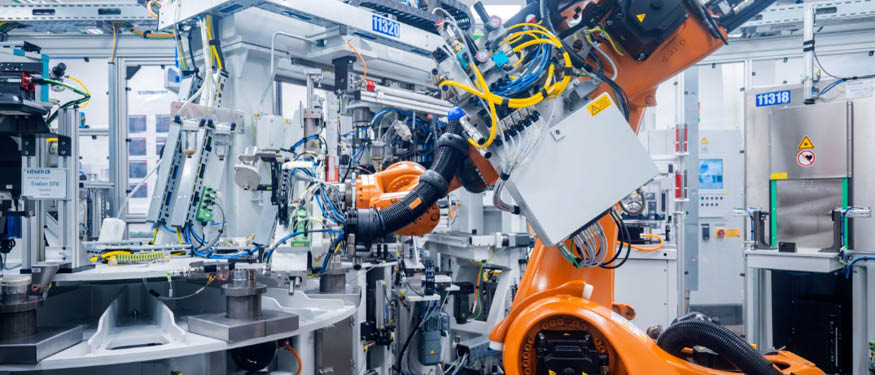The Czech Republic appears to be in the middle of rapid advancements in digital transformation and cybersecurity, according to DLA Piper Partner Tomas Scerba, who sheds light on the significant legislative changes propelling the country to the fore of digital innovation.
“The Czech Republic has made significant progress in digitization in recent months,” Scerba begins. “New laws have been introduced, enhancing the development of digital infrastructure. The transition from paper documents to digital versions is remarkable, including the implementation of digital ID cards from January 1, 2024,” he reports. This digital shift also extends to employment contracts, streamlining recruitment and termination processes.
“Cybersecurity is a key aspect,” Scerba continues. “The Czech Republic was the first in Europe to enact comprehensive cybersecurity legislation – we contributed to designing the EU's NIS1 directive, and now we're moving towards the NIS2. The new cybersecurity bill, which is in the intergovernmental process, is expected to be enacted by the end of October 2024,” he reports. According to him, this will significantly elevate cybersecurity standards across the country. “The cybersecurity changes are profound,” he goes on to say. “The upcoming legislation will impose higher fines, similar to GDPR breaches, affecting a wide range of companies. This has created numerous opportunities for legal experts in technology – our lawyers, for instance, have been advising the national agency and are well versed in this area.”
Moreover, Scerba says that AI is another hot topic. “Currently, we don't have specific AI laws, so we're relying on the civil code and copyright laws. The debate mainly revolves around authorship, with three views: it could be the AI user, the AI software developer, or a joint authorship between both. We don't have a landmark code for guidance, so it's an area of ongoing discussion and exploration,” he elucidates.
Focusing on other areas of note, Scerba shares that “ESG reporting is becoming a crucial part of compliance. The EU directive, soon to be transposed into national law, will come into force in two months.” He says that this is a “significant change, especially for larger and financial companies, as it imposes more stringent compliance requirements.”
Additionally, he reports that “the energy sector and companies focusing on ESG compliance are doing well. Household names like LEGO and IKEA are navigating supply and labor shortages successfully and there's also a noticeable uptick in the gaming industry and a recovery in the restaurant sector.” Finally, Scerba notes that there is even some “cautious optimism about the M&A sector – we expect a rise in activities soon,” he concludes.

















